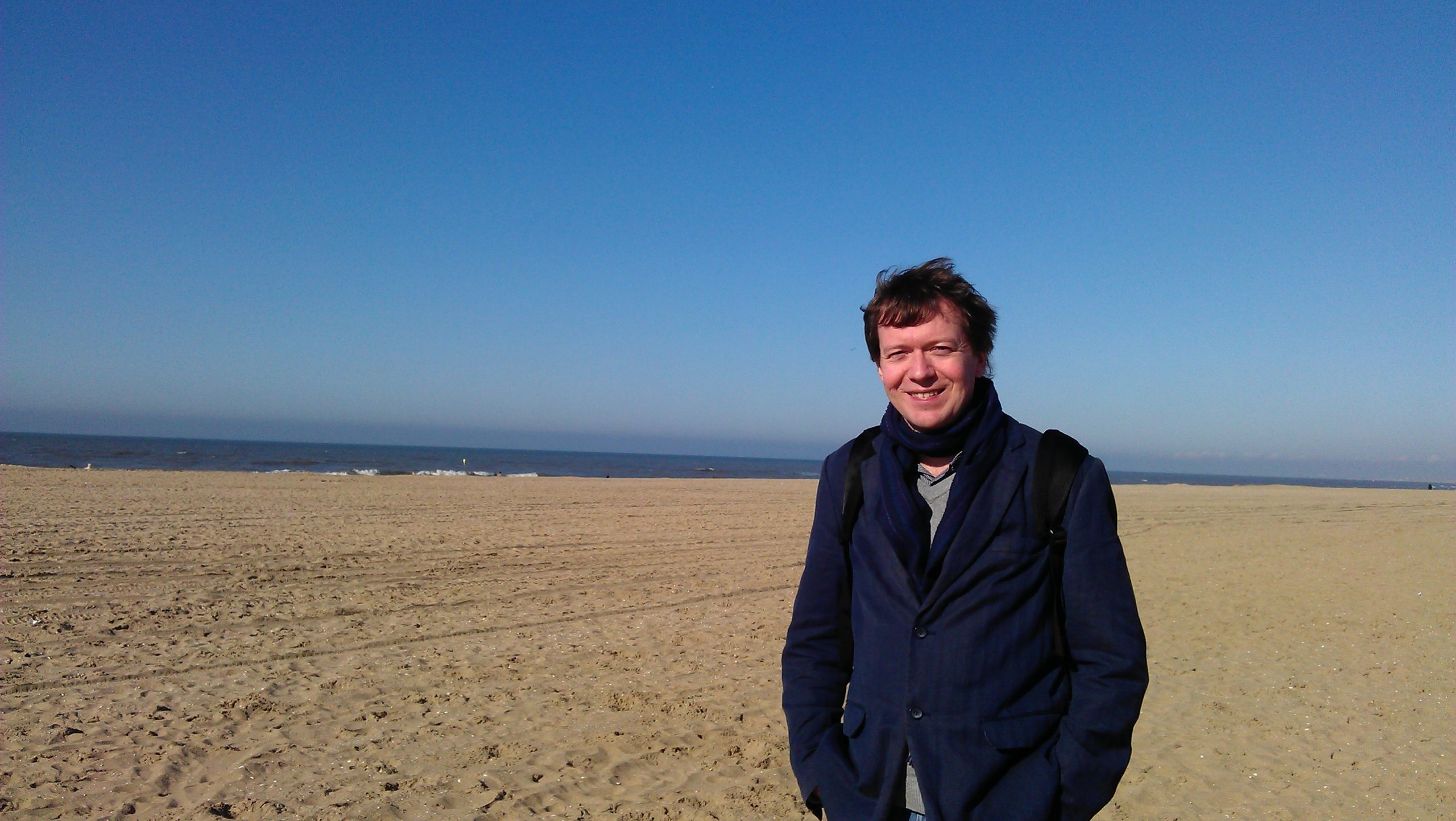
This morning outside my window I could hear the sound of Frank Sinatra singing ‘New York, New York’.
It was coming from one of the cars stuck in the stop-start rush hour traffic.
The sound seemed almost surreal – a bold, uplifting song very much at odds with the mundanity of the early morning November commute in north London.
Those unexpected few seconds of Sinatra singing about New York reminded me of Alan Cumming’s autobiography Not My Father’s Son, which I finished reading recently.
New York probably has as important a place in Cumming’s life as it did for Sinatra.
Alan Cumming seems to be an intriguing and likeable character, so I was interested enough to buy his autobiography Not My Father’s Son when it was published.
Many years ago during the Edinburgh Festival I went to see a performance of ‘Victor and Barry’, played by Cumming and Forbes Masson. It was hysterically funny. The two of them created a great bond with the audience that night.
Alan Cumming’s autobiography is a riveting read, although harrowing for much of the time in its candid descriptions of the psychological and physical violence inflicted upon the young Alan by his brutal father.
It is a miracle that Alan emerged from such a traumatic childhood to be the man he is now, successful in his career and grateful for the good things in his life.
Many others would surely be permanently embittered had they suffered such trauma in their childhood.
The ‘Then’ and ‘Now’ structure of the book works very well, with chapters alternating between his torrid past and his fulfilling present.
When he is describing a cabaret stint he did at a fancy venue on New York’s Upper East Side, he sums up his outlook on life:
‘I knew my song choices were probably a little idiosyncratic and certainly politically challenging for the club’s regular demographic, but I believe if you’re honest, true to yourself, and committed, and especially if you use humour as a tool as well as a balm, people will respect you perhaps more than if they agreed with everything you said. It’s actually quite a good ethos for life: go into the unknown with truth, commitment and openness, and mostly you’ll be okay.’
Using humour as a tool as well as a balm, as Alan Cumming put it, was very much in evidence in today’s film I, Daniel Blake (directed by Ken Loach) at the Phoenix in East Finchley.
The Phoenix was looking great in the early evening darkness, its sleek uncluttered façade traversed by the vertical red lighting of the cinema name and the horizontal blue strips of light just below roof level.
We bought our tickets at the box office and headed up the stairs past an amusing portrait on the wall of cinema critic Mark Kermode with exaggerated billowing hair defying gravity as it flows away at a tangent to his head.
At the upstairs bar I had a Howling Hops East End Hefeweize, which was excellent, before we went into the glorious art deco auditorium to see the film.
‘I, Daniel Blake’ certainly lives up to the glowing reviews it has received.
The film is very funny and also tragically sad.
There was no shortage of tears and sniffs amongst tonight’s Phoenix audience as this deeply moving story reached its heart-breaking climax.
Dave Johns is superb as Daniel Blake, tenacious and good-humoured, refusing to allow the system to crush his spirit.
Hayley Squires is equally good as Katie, the single mum struggling to make ends meet as she looks after her two kids, Daisy and Dylan.
Although ‘I, Daniel Blake’ is about the victim of a scandalous system that forces people to apply for work even when they are declared unfit for work for medical reasons by their doctor, the film is never maudlin or self-pitying.
There are just enough acts of human kindness throughout the story to take the edge off what would otherwise be an unbearably bleak picture of poverty in modern Britain.
One of the most striking things about this magnificent film is that there is almost no music in it at all.
No clichéd sad music welling up to tell us how we should be feeling.
Instead, the film grips one’s attention through a brilliant script (Paul Laverty), great acting, and perfect pacing and editing.
It’s easy to understand why ‘I, Daniel Blake’ got a standing ovation at the Cannes Film Festival and won the Palme d’Or.
After the film we crossed the road over to East Finchley Underground station.
The archer statue was not illuminated, which seemed a shame – it would look stunning at night if a light was shone upon it.
Related Post: ‘I, Daniel Blake’, The Phoenix, East Finchley, London